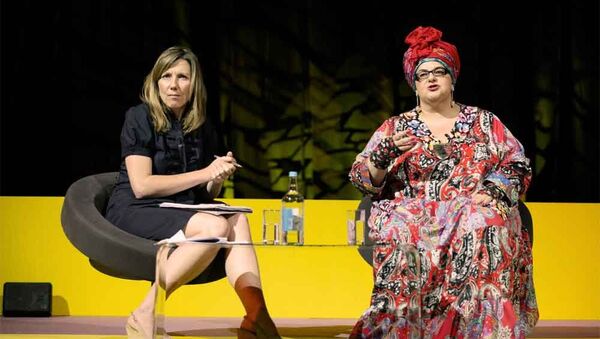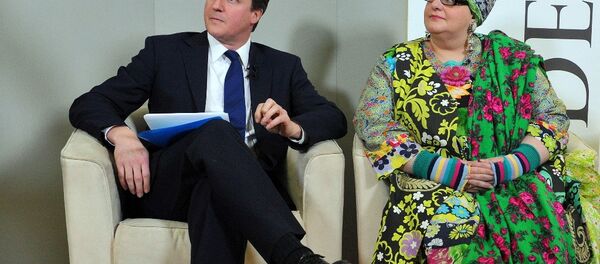The House of Commons Public Accounts Committee (PAC) found that the taxpayers' money given to the charity — Kids Company — lacked scrutiny and concluded:
"This must never happen again. All the warning signs of a failed and expensive experiment had long been there."
For many years, UK Prime Minister David Cameron made his support for the collapsed charity clear, writing on one occasion to the House of Commons public administration and Constitutional Affairs Select Committee:
"I have always admired the work of Kids Company and the two reports you sent to me reinforce my belief in the importance of supporting the most vulnerable children and young people in our country."
.@CommonsPAC reports on 'Government’s funding of Kids Company' https://t.co/ZE0Yt2mLsb — NAO report: https://t.co/Tm4ry7QgJa #kidscompany
— NationalAuditOffice (@NAOorguk) November 13, 2015
'Failed and Expensive Experiment'
The PAC report found that despite repeated warnings and concerns about Kids Company's financial situation and the impact it was achieving, funding to the charity continued and was never seriously questioned, let alone stopped.
Case of #kidscompany 'will anger many people' — PAC Chair @Meg_HillierMP https://t.co/MRNUIJL6s9
— Public Accounts Comm (@CommonsPAC) November 13, 2015
Instead, responsibilities were passed between departments like a hot potato:
"All the warning signs of a failed and expensive experiment had long been there but it was not until June 2015 that officials finally stood up to ministers, said enough was enough, and sought ministerial direction before providing more money. By then it was too late."
Meg Hillier MP, Chair of the PAC, said:
"The case of Kids Company will anger many people. The charity was passed around Whitehall like a hot potato, with no one willing to call time on spending millions of tax pounds for uncertain outcomes."
"The lack of scrutiny over its funding was staggering. Fairness and value for money — fundamental values when considering public spending — appear to have been forgotten in repeated and ultimately doomed attempts to keep Kids Company afloat.
"Even after civil servants finally refused to agree additional funding, ministers 'took a punt'. The final US$4.6 million of public money was handed over just a week before Kids Company closed. Payments during the charity's final months alone totaled more than US$10.6 million.
"The faith that things would improve when they didn't was naïve. So many other charities did not get the same support and it is clear that Kids Company received special treatment — to the detriment of other deserving charities around the country."
The report concluded that the government should undertake a fundamental review of how it makes direct and non-competitive grants to the voluntary sector.



